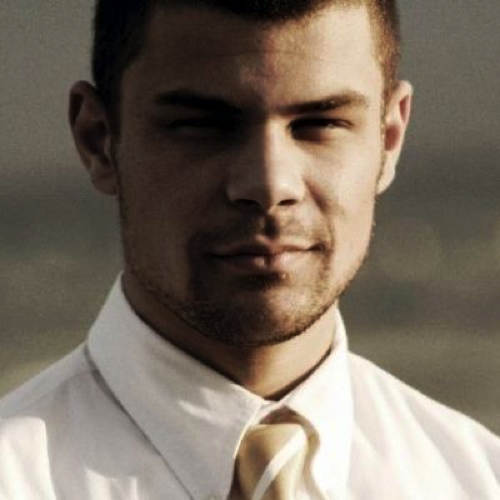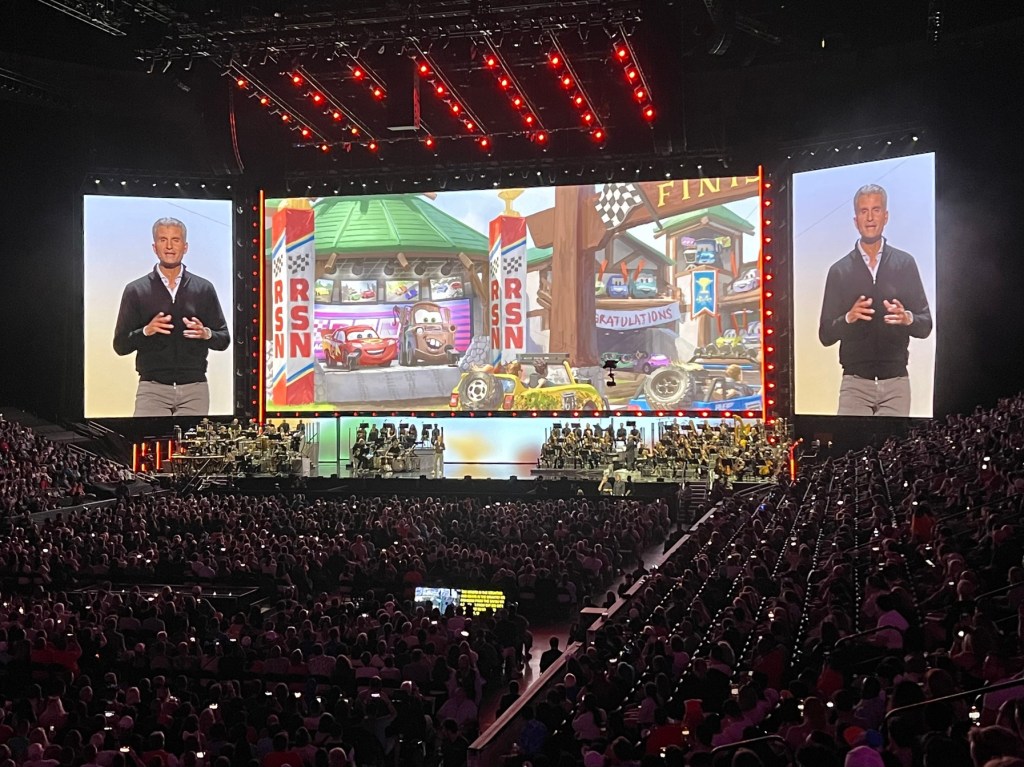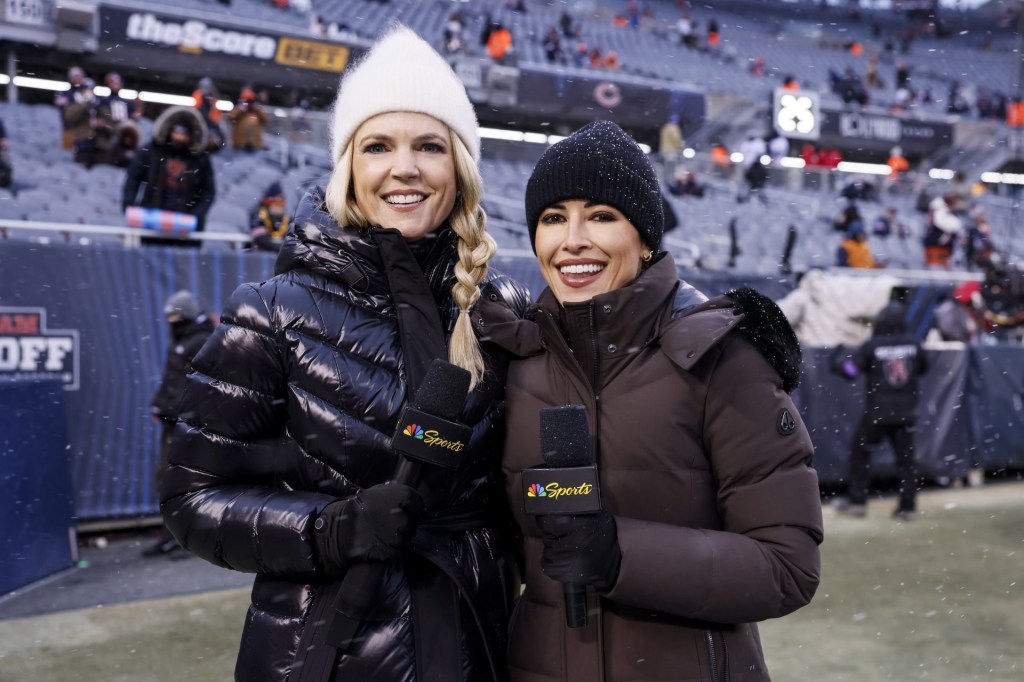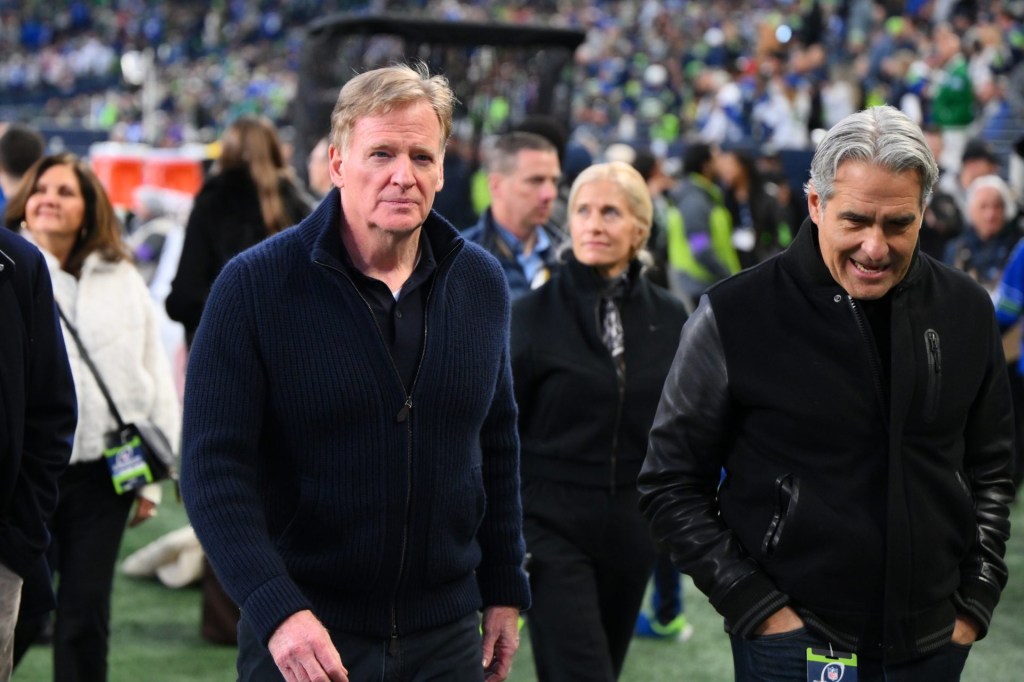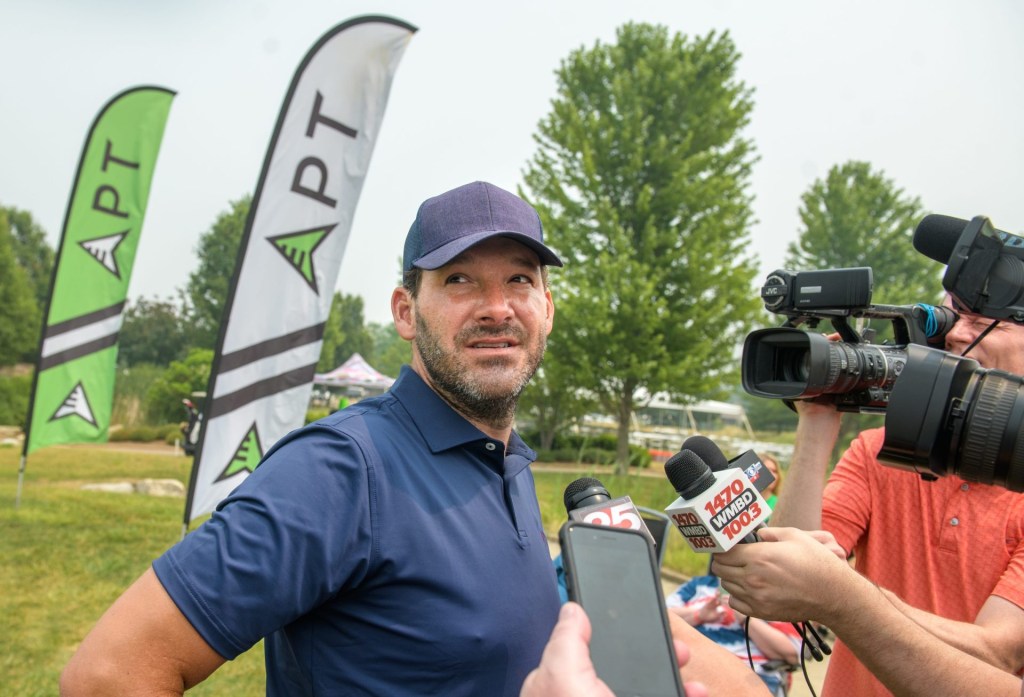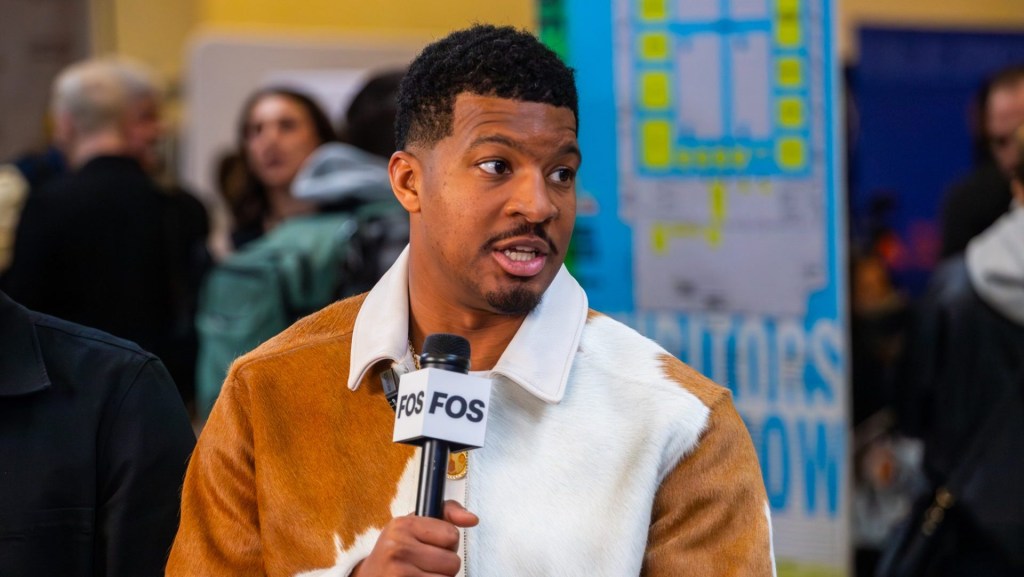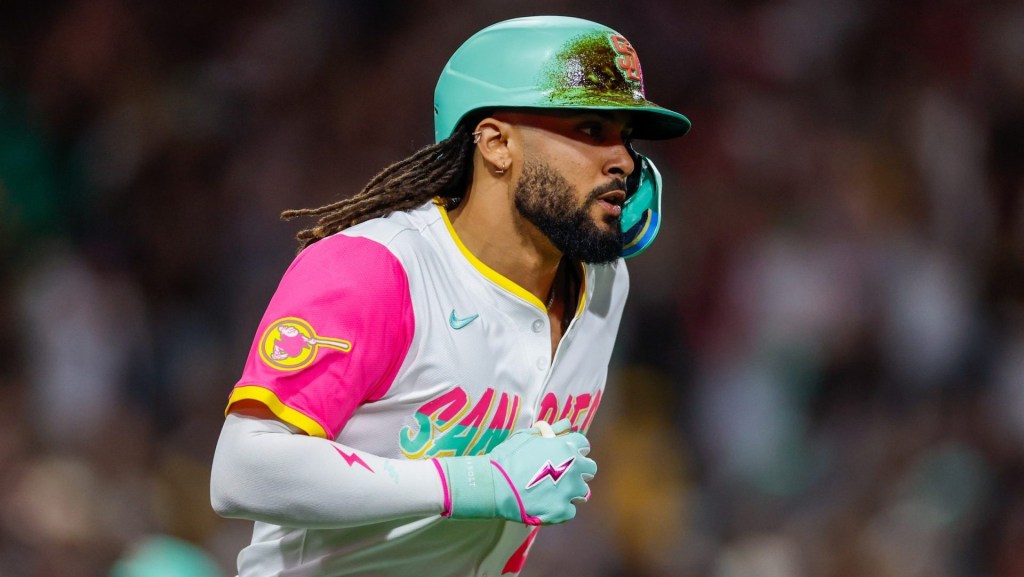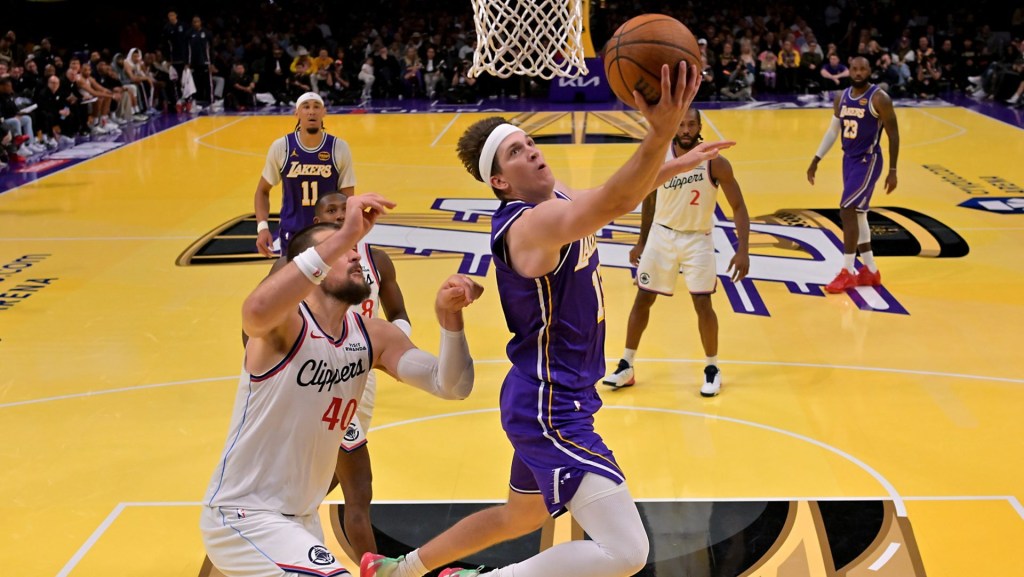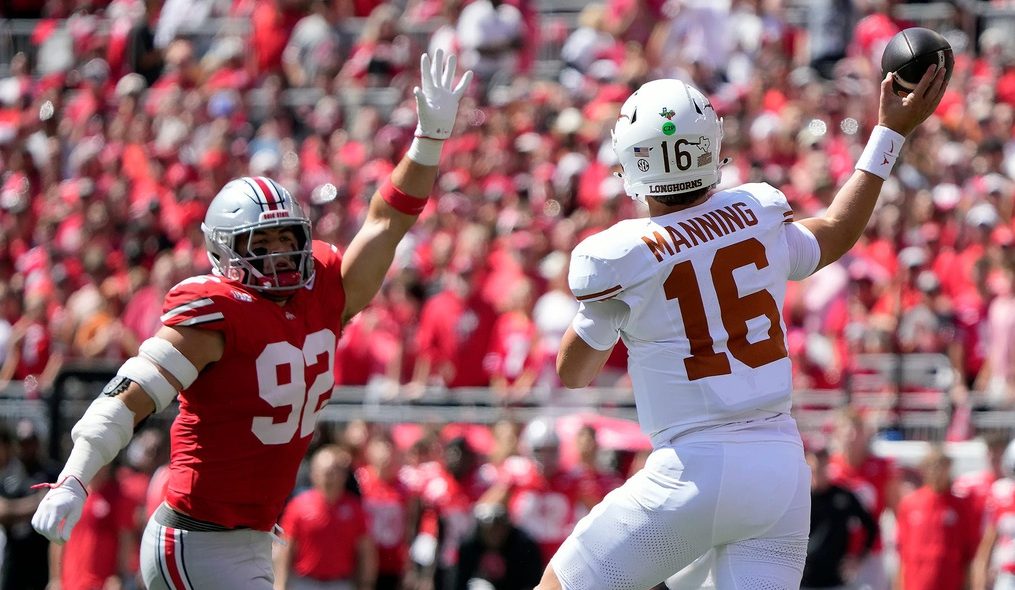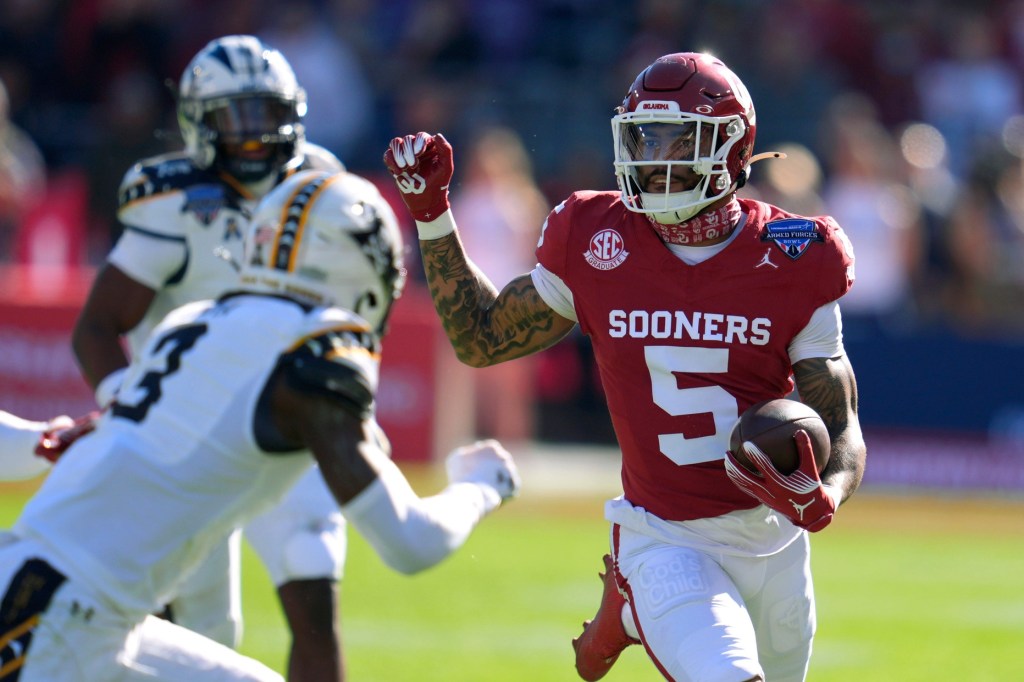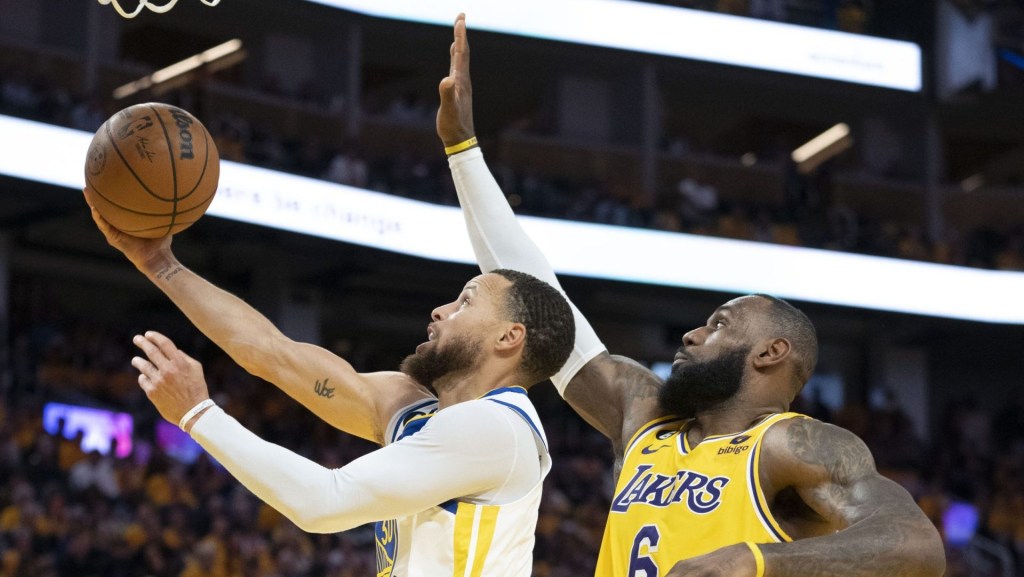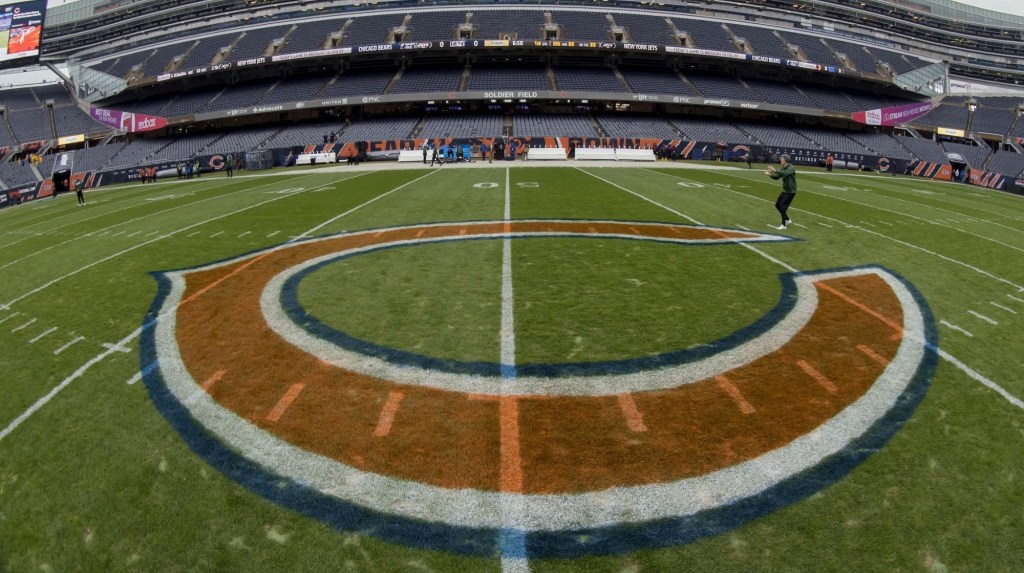By: Amari Dryden, @Amari_Dryden

Front Office Sports is proud to have sat down with Joshua Drew, a Talent Producer for ESPN Radio. Josh started his career in radio, working as a morning show producer for a station in Boston. He wanted to combine his love for sports and radio into a career, so he applied and got a job at ESPN. He was gracious enough to offer up his wisdom about how being aggressive but having a positive attitude can get you far in the sport industry.
What has your journey been like going from a graduate of Palm Beach Atlantic University to now being a talent producer at ESPN Radio?
It’s been an interesting journey. There isn’t really a right or wrong way of getting into the business and staying in the business. I always tell people I started my career in radio when I was working in an ice cream shop in New Hampshire. There was a radio station right down the street from the ice cream shop I worked at. On a rainy day, my boss let me bring over some ice cream to the radio station. I met with a DJ and gave him free ice cream. I started interning with them and from there I decided I wanted to go to college and major in radio and television broadcasting.
I graduated in 2008 which was one of the heights in unemployment so it was very difficult for people to find work. I took a job in New Hampshire selling radio advertisements at a local radio station.
From there, there was a new morning show called Mix 104 that moved into Boston at the beginning of 2009 and they were looking for a morning show producer. I friended the two hosts on Facebook and started to chat with them and see if I could weasel my way in a little bit. I went in for an interview and they basically said they couldn’t hire me right then but were interested in seeing what I could do for them. I booked guests for free for them from March until June of 2009. In June, I met with the program director and they offered me a job booking guests and being the morning show producer. I was the morning show producer for just under three years.
When I realized I needed to take the next step in my career, I knew I had a passion for sports, so I applied to ESPN for a producer position in radio that was open. Surprisingly, I got a call and the rest is history. I’ve moved around in the ranks of radio at ESPN. Now I am the guest booker for ESPN Radio network and specifically Mike & Mike in the morning.
What inspired you to work in the sports broadcasting profession?
I’ve always been a big fan of sports. I went to my first Red Sox game at Fenway Park and when I walked up the stairs and into the stadium and got my first look at Fenway, my passion for sports was born. I’ve never looked back from there.
Growing up I was a Boston sports fan and still am but now working for ESPN, you become a fan of sports, and not just a team but in sports in general. You’re constantly immersed in all the different sports that are happening all around you, not just locally.
What is a typical day like for you?
I wake up in the morning and immediately check my iPhone. Mike & Mike starts at 6am and they go until 10am. I typically wake up around 6:30, so the show’s been on for a half hour, so I check my phone immediately to make sure no sports news has broken overnight, make sure the producer is happy and where he needs to be and doesn’t need anything from me immediately.
I get into work usually around 8am. I spend the next two hours listening to Mike & Mike, making sure the guests I booked the night before are calling in and everybody’s happy as far as doing everything they need to do.
At 10am we have our post show Mike & Mike meeting. We talk about how the show went, what could have been done better. Then we start to look toward the next day to see what guests would be good to have on the show.
I help book guests on other shows in the network as well. I’m in charge of the 10am to 1pm and the 1pm to 4pm slots. It’s basically brainstorming and reaching out to people whether it is by phone or email about the guest opportunities and folks we can get on. I do a little bit of long-term guest booking along with day-to-day guest booking.
I usually leave around 4pm but my job is never completely done. I have my phone with me and always am checking in on other things. A lot of the times if I don’t have answers by 8 or 9pm, I go to bed around 10 or 10:30pm. I still check my phone. I book guests in the middle of the night sometimes. It’s kind of a 24/7 job. Saturday’s are the one day I try to put my phone aside and enjoy time with my family.
When I first started at ESPN, my schedule was anything but normal. My work week was Wednesday to Sunday and I was working a lot of very late night shifts. There was a time where my schedule was a little more unpredictable; but now I’ve been able to try and take this to another level where there is some normalcy, but it is about as normal as you’re going to get working at ESPN.
What challenges do you face in your job?
I face internal and external challenges at ESPN on a daily basis. I think I get along really well with Mike & Mike and a lot of all the other producers and people I work with on a daily basis, but if I have an idea for a guest or I feel passionate about someone I want to book on the show, a lot of times there can be challenges in trying to convince other people to agree to it. I’m not necessarily the only decision maker when booking guests. The producer and some other folks are involved as well. A lot of times it’s a challenge convincing people my idea or the way I want to go with a certain guest is the right way because everyone has their own opinion.
Externally, my biggest challenge is in trying to convince agents to have their guy booked on our show. There’s different tactics you can use to try and convince people but a lot of it is relationships and working with these people over time. I’ve been at ESPN for a little over three years now. I’ve been able to work day in and day out with a lot of these agents and publicists. I’ve seen over the time I’ve been here my relationships with them improve and therefore my success of getting guests on different shows has improved.
What is your favorite part of your job?
I love working in sports in general. I think every job has its downsides but this job has very little downside. If I was working in a completely different field, I think it would be difficult to try and keep up with sports as much as I do now. I don’t have to hide that I’m on ESPN.com or another sports website because that’s my job.
The way my job is now I have a lot of freedom to come and go as I please. We have a gym on campus so I’m able to go workout at the gym during the day if I want. As long as I’m still plugged in and paying attention and the results are there which is a big thing with my bosses. As long as they see the guests are being booked, they leave me alone and I can do what I want. The ability to have a little bit of a longer leash is a perk with my job I really enjoy.
What is the most memorable broadcast you’ve been a part of?
This doesn’t pertain to sports but the one that immediately comes to mind is when I was producing in Boston. This was in the spring of 2010. Charlie Sheen was going on his rampage and he had fired his publicist and manager. He was very out there and saying odd things and he was the guy to try and have on your show. I knew someone out in California who happened to have his cell phone number and she was nice enough to email it to me. After our show had finished for the day, we called the number and he answered. We recorded the interview and it ran.
We did about fifteen minutes with him and it was one of the only interviews he had done at the time. We were able to run it and it got a ton of national press. Typically when you’re doing local radio you don’t get a lot of those moments where you get a big interview or breaking news and you can conquer it like we did. It was a little bit of being in the right place at the right time but we also worked a little bit and got lucky.
What are some tips you have for people who want to be successful in the sport industry specifically in the radio and broadcasting sector?
My biggest tip is not just for working in sports but in broadcasting in general. You have to make your own luck. You can’t just sit and wait for something to happen. I’ve worked with a lot of people who wanted to be in the industry, such as interns. A large majority of them just expect something good to happen. In reality, every job I’ve gotten has never been handed to me. It’s always been something like annoying people in order to get an interview or get noticed.
When I got the job in Boston, I had to work for free for a couple months. I annoyed the hosts on Facebook and finally was able to get that job. Even here at ESPN when I applied, they gave me a call and interviewed me and I stayed on top of the guy that was doing the hiring process. It took a couple months before I found out I got the job. It’s all about continuing to move forward while being as positive and as aggressive as possible.
Parting wisdom?
In my experience, I learned a lot in college but a lot of what you can gain from this experience is by going out there and making relationships with people in order to be successful. You can know a lot but if it comes down to you and someone else for a job and you’re up against a person who knows a lot of people and has a lot of relationships and knows a lot about the job and the industry, the person that has the relationships is going to get the job.
In reality, you can have a great resume and look like you’ve done a ton, but at the end of the day, it’s about making relationships. Wherever you are in your journey to work in the broadcasting, make those relationships and look for opportunities to do that.
We would like to thank Joshua for his time and insight and we wish him the best in all his future endeavors!
You can follow him on Twitter here or connect with him on LinkedIn here!
